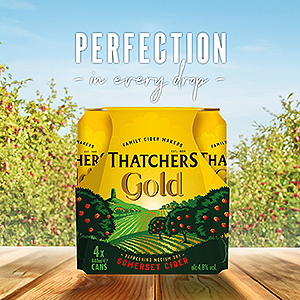The Scottish government has paused proposals to restrict promotions on food and drink high in fat, sugar, or salt (HFSS).
The government had sought views on its proposed approach for restricting promotions on HFSS products, as a means of changing the food environment that encourages the public to purchase more than they need and to over-consume less healthy food.
The Minister for Public Health and Women’s Health, Jenni Minto, told a meeting of parliament: “We have reviewed whether primary legislation is necessary and have concluded that there is a more direct and efficient route to deliver our policy aims.
“Therefore, rather than introduce the Public Health (Restriction of Promotions) Bill, I plan to consult on the detail of proposed regulations this autumn. That will include proposals to restrict the promotion of less healthy food and drinks in prominent in-store locations, such as at the end of aisles or beside checkouts. We also propose to target certain price promotions, such as multibuys and unlimited refills, that encourage people to buy more than they actually need.
“I recognise that businesses, as well as individuals, have experienced a number of significant challenges in the past few years. Our forthcoming consultation will provide an opportunity for them to comment on the detail of the proposed regulations, including on the timescales for implementation. In line with the principles of the new deal for business, that will be done in parallel with an extensive engagement programme to ensure that everyone has the opportunity to be heard. My officials and I look forward to engaging with our stakeholders, including businesses, as our policy develops.”
The news came as the governement published the results of its consultation on its HFSS restrictions.
The consultation received 110 responses, 38 were from individuals (35%), and 72 were from organisations (65%). Organisation responses comprised of 41 (57%) from industry such as trade bodies, manufacturers, retailers and out-of-home providers, and 31 (43%) from non-industry such as public sector and third sector.
The consultation analysis says: “Non-industry respondents were generally supportive of restrictions but less supportive of some exemptions. They generally favoured restrictions being comprehensive and avoiding the possibility of ‘loopholes’ that could undermine the overall effectiveness of the approach.
“Industry respondents were supportive of some aspects of the approach but typically to a lesser degree than non-industry respondents. Generally, where support existed among industry respondents it related either to preferring alignment with the UK Government regulations for restrictions in England or to attaining fairness across businesses.”
The analysis adds: “There were some aspects of the approach that industry respondents disagreed with, typically due to a view that there is insufficient evidence to justify them, or that they would create disadvantages for certain types of businesses – such as smaller companies – or that they would not align with the approach being adopted in England.”






